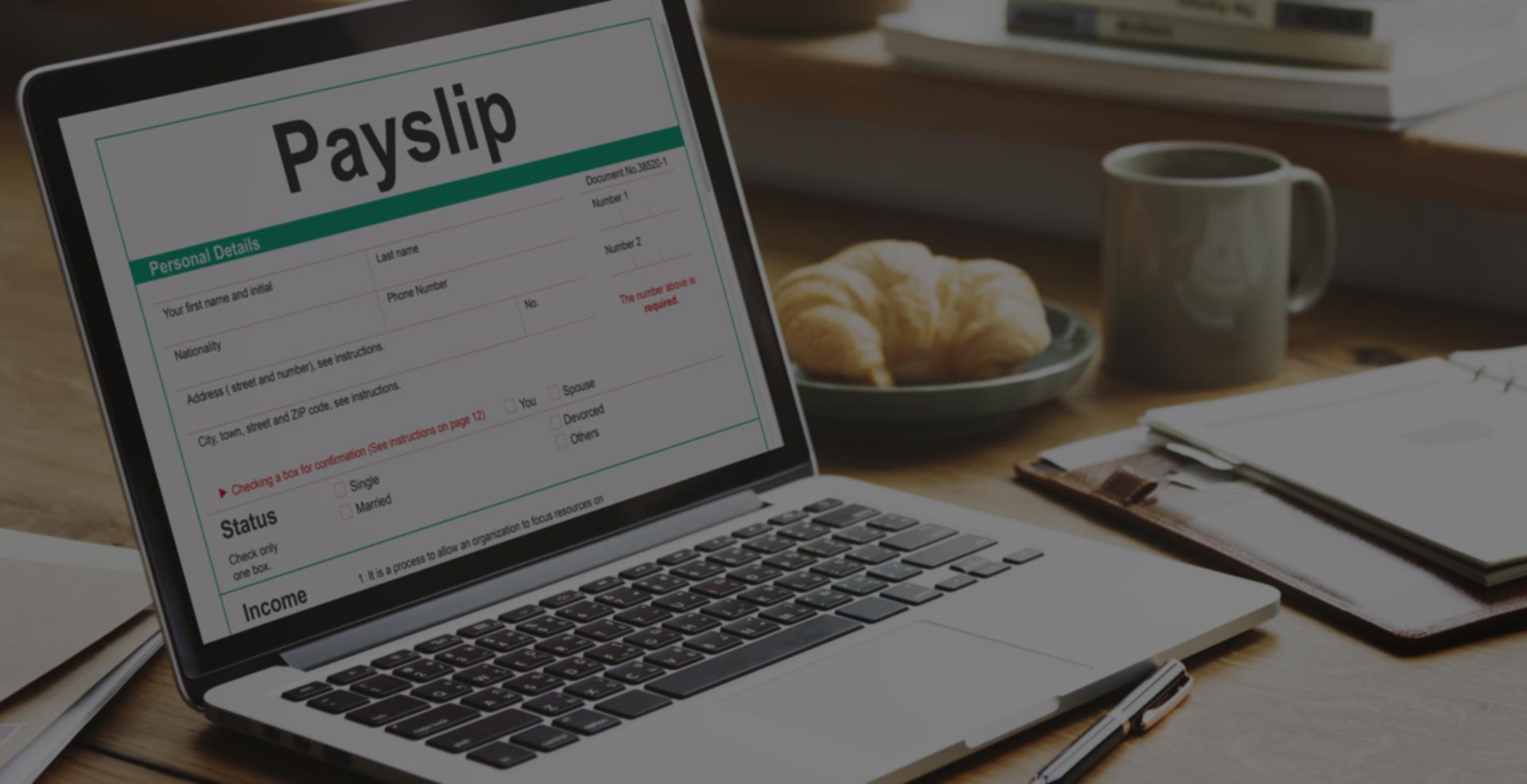
The Rise of ePayslips
Why Employers are Moving to Electronic Payslips
As technology has advanced and employees have become familiar with receiving employment-related correspondence by email, the digital distribution of payslips has become more widespread.
According to one survey in 2008 67% of businesses were sending paper payslips to employees, with only 12% relying on online distribution. By 2019, the number of employees using an online self-service facility to access their ePayslips had grown to 60%, with a further 32% using email to access their ePayslips.
This shift towards to an ePayslip model is significant, and one which looks set to continue. The most significant contributing factors to the rapid pace of acceptance are: employee expectations, the prevalence of mobile internet and smart devices, legislative changes and the digitisation of business processes.
Employee Expectations
For many employees, the ability to access their pay data at any time convenient to them has become an expectation. With most other financial facilities available online (from bank statements to savings accounts) the convenience of checking payroll information digitally is a natural extension.
Using an electronic self-service method to distribute payslips gives employees real time access to payroll information 24/7, including historic payslips, wage payments, tax codes, annual P60s, and deductions. The information is accessible from an internet connected device and can be downloaded, printed, or stored at the discretion of the employee. Not only is this level of access to payroll information preferred by employees, it also eliminates much of the administrative burden faced by the payroll department or outsourced payroll bureau.
Prevalence of mobile internet and smart devices
While in the past a perceived lack of universal internet access for all workers may have prevented organisations adopting ePayslips, this is no longer the case. Ireland has consistently ranked ahead of the EU average in terms of the EC’s Digital Economy and Society Index (DESI), meaning Irish employees often have progressive views on adopting new technologies.
Similarly Ireland has also claimed the IMD World Digital Competitiveness ranking which measures the capacity and readiness of economies to adopt and explore digital technologies as a key driver for economic transformation in business and wider society.
The prevalence of internet access in Ireland can be seen in the 2020 census (which states that 92% of Irish households have an internet connection) and the 2019 Global Mobile Consumer Survey (which claims that 19 out of every 20 adults in Ireland own a smartphone). This acceptance of technology has inevitably given rise to payroll self-service where employees can access current and historical payslips, as well as other payment information from computer, phone or tablet and without any interaction with HR staff.
Legislative Changes
The Legalise used to describe the issuing of payslips initially deterred some employers. The Payment of Wages Act 1991 states that an employer must furnish an employee with a statement “in writing”. The use of the terms “in writing” was taken by many to mean in a printed or physical format. However this issue was subsequently resolved in the Electronic Commerce Act 2000 which clearly states that “A legal requirement that information or a document be in writing is satisfied by information or a document that is in electronic form if it is accessible so as to be usable for subsequent reference.” In short this opened the way for employers across the country to embrace ePayslips and ditch traditional physical payslips.
In addition to this, the introduction of the General Data Protection Regulation in 2018 led many companies to change their method of distributing payslips to protect personally identifiable information pertaining to their employees. Electronic payslips are often provided through either a password-protected email, or a secure online portal which requires employees to log in, thereby offering greater protection than a paper payslip which can be mislaid, opened or read by someone other than the employee to which it pertains.
The Digitisation of Business Processes
Part of the reason for move to ePayslips can be found in the growing digitisation of business processes as a whole. Technological advancements have meant that functions such as payslip distribution can be completed faster, more efficiently, and typically more cost-effectively electronically than when utilising non-digital, paper-based methods. Furthermore, as globalisation increases and the number of multi-national organisations increases, the ability to centralise payroll and distribute payslips and HR information electronically has become a necessity.
If you would like to speak to one of our resident payroll experts about bringing ePayslips to your organisation click here or call our Irish office on +353 (0) 1 905 9400.
Paycheck Plus Engage
Provide employees with convenient and secure access to payslips and relevant tax documents, 24/7 and from any device.
About Paycheck Plus
Paycheck Plus is an award-winning Irish payroll bureau, serving businesses across Ireland and the UK. With industry-leading accuracy levels, strict levels of confidentiality and top-rated payroll processes, we provide comprehensive, ISO and ISAE 3402 accredited, payroll outsourcing services to organisations of all sizes.
Our highly experienced payroll processing experts can help you to navigate all aspects of local taxation and to meet your legal requirements, including payroll consultancy, payroll audits, payroll reporting, payroll training, company set-up and wind-down, and special projects.
To ensure payroll accuracy or for more information simply request a callback now or call our Irish Payroll Providers on +353 (0) 1 905 9400
